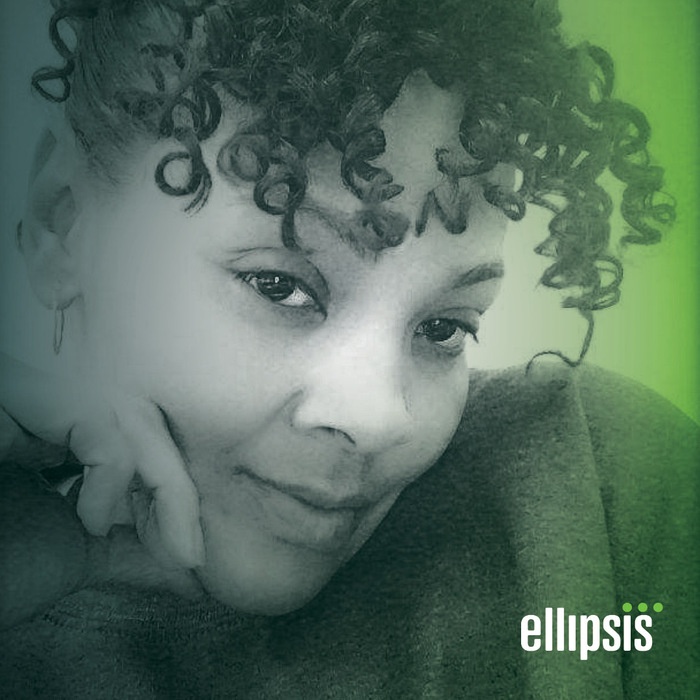
What is your position with Ellipsis?
I’m a youth care worker.
How long have you worked here?
I’ve worked at Ellipsis for nearly a year.
Have you had any other roles/jobs during your tenure with Ellipsis?
I’ve always been a youth care worker while at Ellipsis.
What drew you to work at Ellipsis?
I had previously worked at a youth services and shelter organization for girls in another state, and I was looking for a similar job because I see this work as a calling. I went through a lot to become a part of this family, and I was so excited to join this organization and mission.
Can you recall a moment (during your career with Ellipsis) when you felt like you were in exactly the right place, doing exactly what you should be doing? What was that like?
I love when the kids are happy to see me, even when they sing “Kiki” to me, like the Drake song. I just want to see them laugh and be kids. The staff also makes me secure in the fact that I belong here. I had a staff member tell me that every time they see me, I seem happy and my spirit is warming.
What are some of the more challenging aspects of this job?
I always want to be able to do more for the girls in our care. I care about all the youth and want them to know we truly care. The staff doesn’t just see this as a job to disconnect from when our shift is over. Just plain listening, caring, showing up consistently and offering support can be difficult but makes a world of difference.
What are some of the rewarding aspects of the job?
The best aspect is being a part of a youth’s success when all odds were against them.
Why is it important to have residential programs in communities and qualified people working in them?
I grew up in the era where it felt like we had a village to raise kids, and the community is their village. We need to be the village for these kids and families if we want a successful future.
What is a misconception people may have about mental health treatment? How do you dispel that?
Some people think that those who struggle with mental health are faking. People seem to want to tell someone how they are feeling and thinking when the reality is that there is no one answer. No matter who you are or who you are around, you need to listen — really listen — because each one of us is different.
Some who suffer from poor mental health don’t recognize it. Sometimes kids who struggle with mental health just want to fit in, so they try to hide it. My advice to everyone: Share a smile, say hello, ask if you see someone hurting and let them know they aren’t alone. Share that you’re always available to listen without judgment.
If there’s anything else you’d like to add about your role, please feel free to do so!
I give a lot of myself to others, but I’m OK with that if it makes them better.
